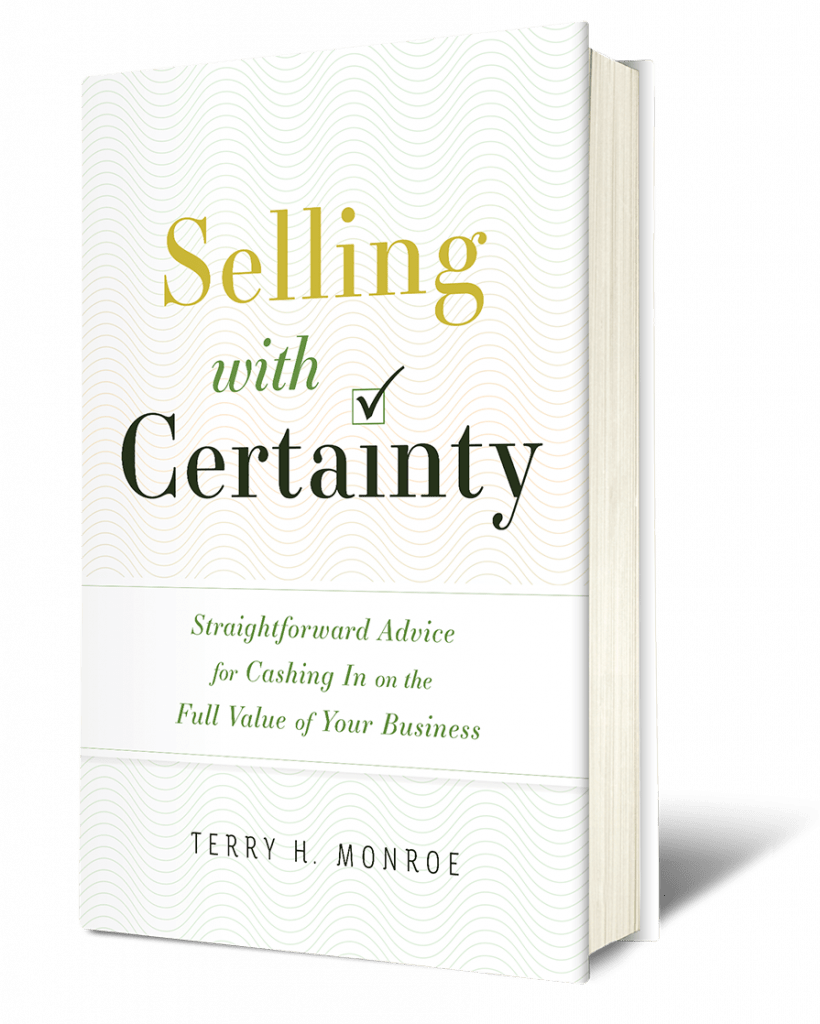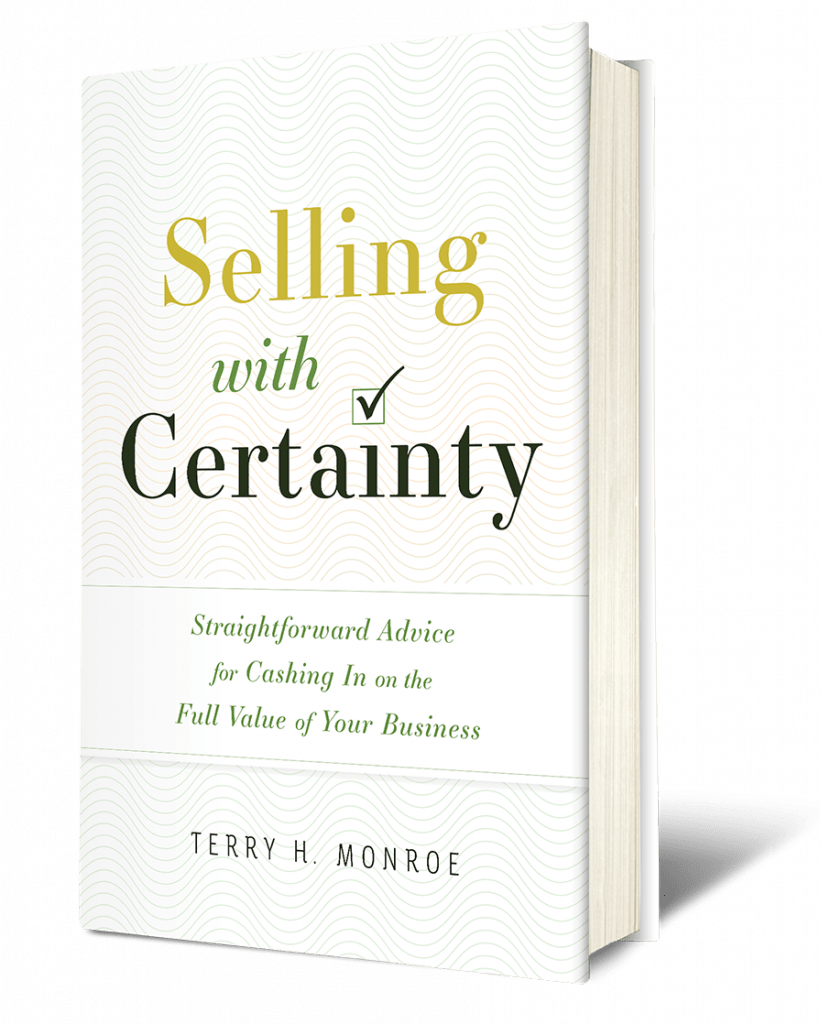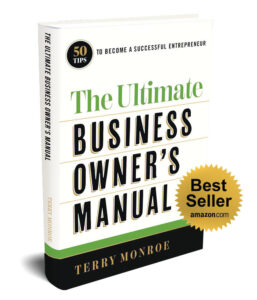“It’s important to understand the difference between an appraisal and a valuation”
(This article first appeared in a 2007 edition of Convenience Store News. Click here for the  PDF version as it first appeared in the magazine.)
PDF version as it first appeared in the magazine.)
For c-store owners who have been looking for the right time to sell, 2007 may be the best opportunity they have seen in years to get “their price.” That does not necessarily mean, however, that they can expect buyers to line up with open checkbooks and fat offers. Recent years have been wearisome for a considerable portion of the nation’s 145,000-plus c-stores, so it’s a good bet that the anticipated throng of potential c-store buyers will have a healthy selection to choose from. As a result, sellers will be walking a fine line to set a price that will be attractive to buyers without pulling the transaction into the “fire sale” category.
One way for sellers to determine the optimum fair market value for a c-store is to enlist the counsel of a reputable expert to complete a current market valuation of the business. And there’s an important distinction to be made here – we’re talking valuation, not an appraisal. The difference between the two is far more than semantics.
An appraisal is essentially an effort to determine an estimated dollar value for real property, fixtures, inventory, potential return-on-investment, goodwill and other assets. Appraisals are most often used for financing, refinancing or estate purposes.
A valuation, on the other hand, includes not only the monetary value of the assets, but also factors in current market conditions and particulars related to the sale process. In other words, the valuation will employ standardized formulas, multiples, industry rules of thumb and financial statement data to establish a dollar value for the business, much the same as an appraisal would. But the valuation goes a step further; taking into account recent sales experiences involving similar businesses, short-term fluctuations in market demand, different risk and return assumptions used by various buyers and other intangible, situational factors.
Appraisal values tend not to change significantly over time. A market-based valuation, on the other hand, should be updated frequently because it’s pegged to very current market factors and will rise and fall with the ebb and flow of the marketplace. Because a market-based valuation is based on real-time marketplace reality, it represents the “truest” determination of the value of a specific business under current market conditions.
Here’s an example of the difference between appraisal and valuation. Imagine you have a convenience store for sale, in a good retail location, with high traffic and surrounded by hundreds of homes. You had an appraisal done for the store and property, and it appraised at $1.5 million. The appraiser is not necessarily valuing the convenience store business, rather the value of the property and its buildings and improvements as to what the “highest and best use” for those assets and property are worth.
However; the “highest and best use” for those assets and property may not be an operating convenience store.
A valuation, on the other hand, represents a snapshot of today’s market value for the business as an operating c-store. It takes into account market factors like fuel margins, present competition and size of the store. The current market valuation may show that the property is worth only $1.2 million as an operating convenience store. The $300,000 difference is because the property itself may be worth more if it were a business other than a c-store.
With appraisal and evaluation in hand, what is the next step? That’s a hard decision. As the owner, should you continue to run the convenience store indefinitely while hoping for a visionary buyer to come along with $1.5 million and a plan for highest and best use? Or, should you cash out and sell the property for what it is worth today as a continuing c-store operation?
In selling a business, realistic pricing is an absolute must. Remember, in a market with lots of options for buyers, like the 2007 c-store acquisition environment, most buyers faced with an inflated price won’t wait for the number to drop; they’ll just look elsewhere for a more attractive deal.










